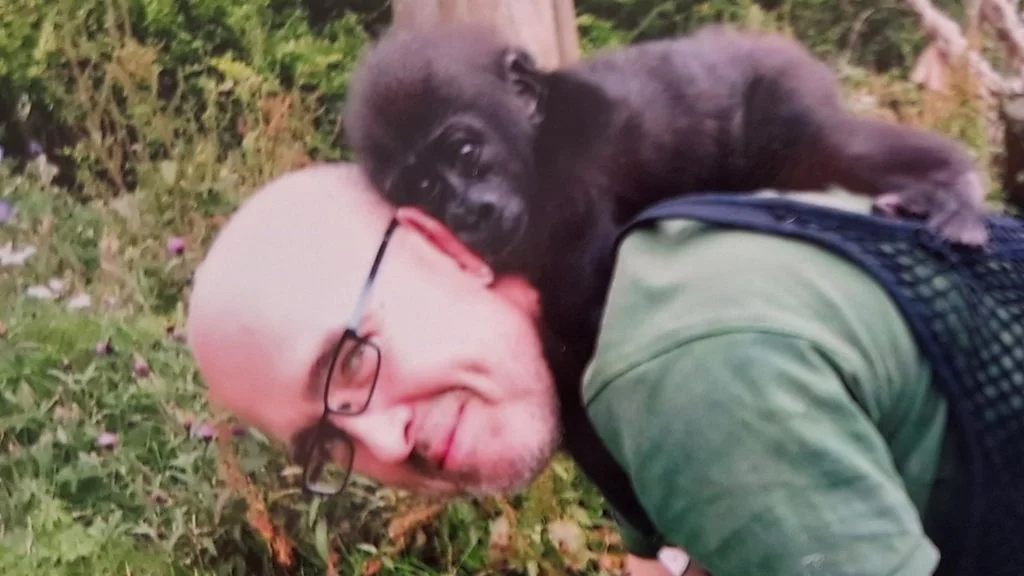
An Amazing Journey: Hand-Rearing Baby Gorillas at Bristol Zoo
In the heart of Bristol, a remarkable journey unfolds as zookeeper Alan Toyne shares his incredible experience raising two baby gorillas who were rejected by their mothers. This story is not just about the challenges faced in animal care; it is a testament to the bond between humans and wildlife, highlighting the dedication required to ensure the survival of these magnificent creatures.
Having dedicated 14 years of his life to Bristol Zoo, Toyne describes the experience of hand-rearing gorillas as both rewarding and challenging. He recalls the moment he brought home a four-week old baby gorilla named Afia, who had been abandoned by her mother Kera. "Hand-rearing is quite a rare thing to do," Toyne noted, revealing the complexities that come with it. As he took her in a car seat, he understood the importance of creating a nurturing environment that mimicked her natural habitat.

As Afia grew, so did the excitement and challenges of raising a playful gorilla at home. Toyne shared, "Eventually, she was running around the house, yanking the wi-fi router out of the wall, jumping off tables." The unique methods he employed to bond with Afia included wearing a string vest to replicate a gorilla's fur, allowing her to cling to him just as she would to her mother. This insightful approach showcased the extent of dedication it takes to ensure these animals thrive.
Both Afia and another baby gorilla named Hasani eventually grew strong enough to return to the zoo, where they could join their species. Yet, their story does not end there. The Bristol Zoo Project, now reopened at a new site, has faced scrutiny concerning the care of the animals during ongoing construction at their previous location. Toyne expressed his concern over the stress that trespassing incidents might impose on the remaining gorillas, particularly on Jock, the elderly silverback who is responsible for safeguarding his family group.
Director of conservation at the Bristol Zoological Society, Brian Zimmerman, reassured the public that the welfare of the animals remains their utmost priority as zookeepers continue to provide consistent care for the animals at both sites. This commitment to animal welfare speaks volumes about the ethical considerations that guide modern zoos.
The experience of raising baby gorillas not only illuminates the dedication of zookeepers like Toyne but also invites reflection on the broader implications of wildlife care. What lessons can we learn from the intimate connections formed during such extraordinary challenges? How can we better support the animals we share our planet with? We encourage you to share your thoughts in the comments below!